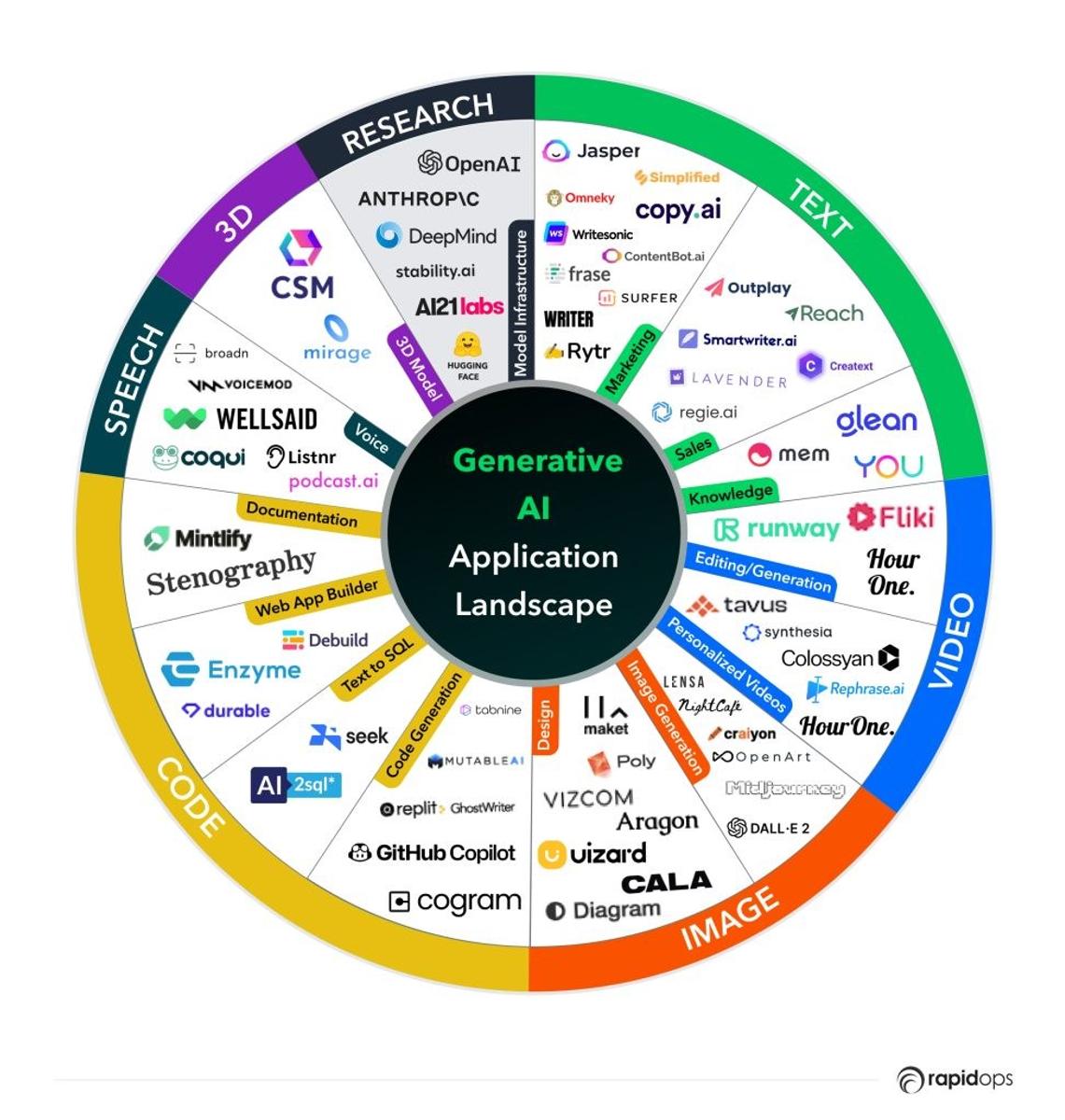LIBRARY NEWS
Sally Govett - Teacher Librarian

LIBRARY NEWS
Sally Govett - Teacher Librarian


Throughout this year, many staff have asked the question: how can we stop students cheating in assessments using ChatGPT and similar AI tools?
Sadly, there is no quick fix. In fact, these new technologies have turned the world of academic writing on its head and companies like Microsoft and Google are busily working on making AI text generation more and more pervasive. In short, libraries and schools need to equip students with the skills that will be needed in an AI-dominated world.
Schools all over the globe are currently struggling with how to cope - there is no way of detecting plagiarism with these AI text generators and that banning AI use is futile. Even if there was a way to identify plagiarism, the amount of time required for teachers to cross-check individual student responses would be prohibitive.
So, what are we doing right now in our secondary school context as these technologies continue to develop at lightning speed? Enter your friendly Library staff! As information literacy experts and critical thinking skill builders, we can update student skillsets and help them adapt to these new technologies. Students can look to us for guidance in an
education landscape where AI is everywhere.
Whether we approve or not, students are using this technology. At Wyndham College, we encourage students to make ethical decisions when undertaking research, working collaboratively and using digital technologies. When students use AI-generated text in their work, we need to explicitly instruct them on how to present and cite this material.
The guidelines around how to reference AI text are still being debated and yet to be finalised. In the meantime, students need to be honest and add their AI produced text to their citations and bibliography. As with any other source, the AI produced text will also need to be correctly referenced. When creating an in-text quotation, APA recommends crediting the algorithm with the reference because there are no human authors involved, for example: (OpenAI, 2023). A bibliographic reference requires more detail and would look like this: OpenAI. (2023). ChatGPT (Apr 20 version) [Large language model]. https://chat.openai.com/chat
Our teachers are also changing the way they assess student work to keep up with the AI revolution. Libraries are supporting staff in the effective integration of information literacy skills that incorporate AI technologies. We share current research on AI tools and their impact on teaching and learning. Because of AI, the days of assigning take-home extended response assessments are limited. Staff have been collaborating to design authentic assessments that reflect on experiential learning opportunities and growth in student critical thinking skills. Faculties are avoiding assessments that would be difficult to ascertain if a person or a chatbot wrote the text. Students are also being given opportunities to demonstrate their learning in class and in other ways – verbally or by means of creative presentations.
As we become more familiar with these technologies and realise that they are here to stay, classes might be encouraged to incorporate tools like ChatGPT into lesson plans and assessments. For example, students could be asked to supply a ‘first draft’ using AI. They might then be asked to improve upon that answer manually, identifying what the AI overlooked or misrepresented. AI could also be used as a scaffolding tool. Students might be instructed on how to use appropriate prompts to create a rough outline for an extended response which could be completed in class.
Tools like ChatGPT might also be used by students to identify key ideas in lengthy articles. By way of analysis, students might use different AI services to see if there are any differences in what the AI tools generate as the most salient points of the article. They could then try to reconcile and justify why the tools came up with different answers.
In other words, we will be teaching our students to see that AI is merely a tool to assist them in their learning. AI will never be a substitute for real learning.
Many teachers are already using AI tools, Grammarly being a good example. A growing number of teachers are also embracing AI as a means of reducing their workload. AI is being used more and more by educators to assist them in their day-to-day practice. They are generating programmes, lesson plans and assessment tasks, rubrics and marking guidelines.
ChatGPT can also be used by teachers to level the playing field for students from non-English speaking backgrounds and can even be used to design student individual education plans (IEPs). Teachers are using it to analyse trends, set professional goals and help their students overcome writer’s block.
ChatGPT provides teacher librarians with the opportunity to highlight our role as information specialists and curriculum leaders. We realise that digital and information literacy is of critical importance. We are therefore perfectly positioned to help guide and support our school communities as they adapt to this new wave of technology and the challenges and opportunities that arise.
Please contact the Library staff if you need help or guidance with using AI tools.
(Adapted from - Strachen, Stephanie. (2023, Term 3). The Teacher Librarian and Chat GPT. SCIS Connections Issue 126. Retrieved from: https://www.scisdata.com/connections/issue-126/the-teacher-librarian-and-chatgpt/